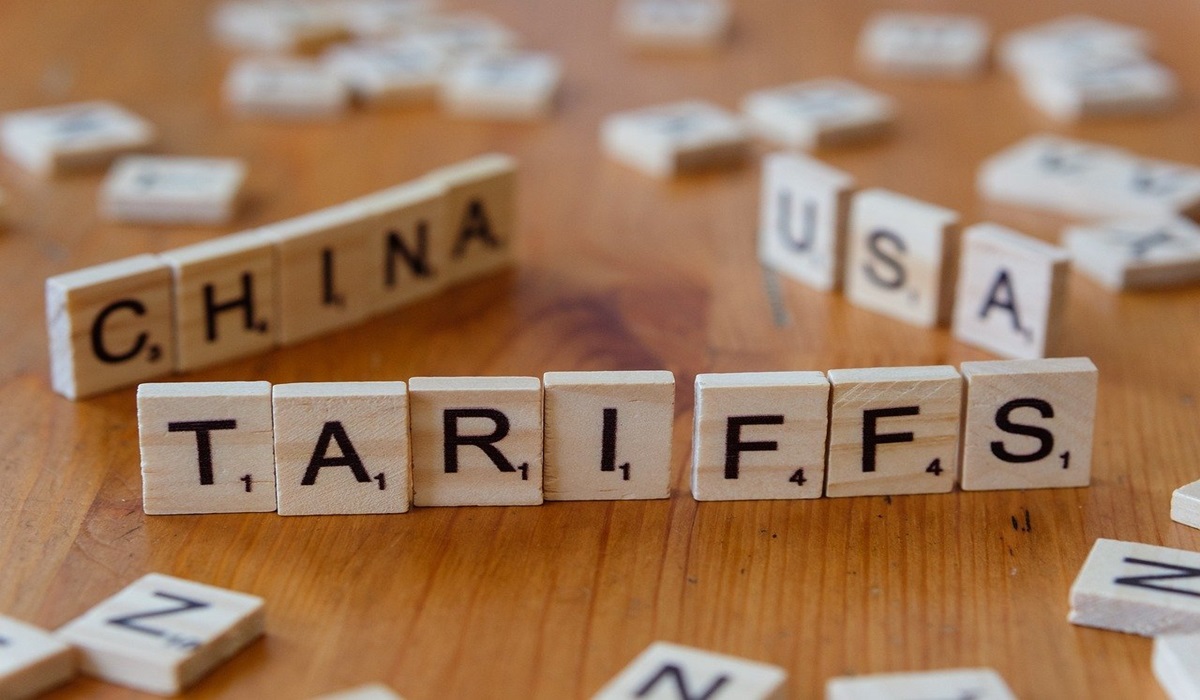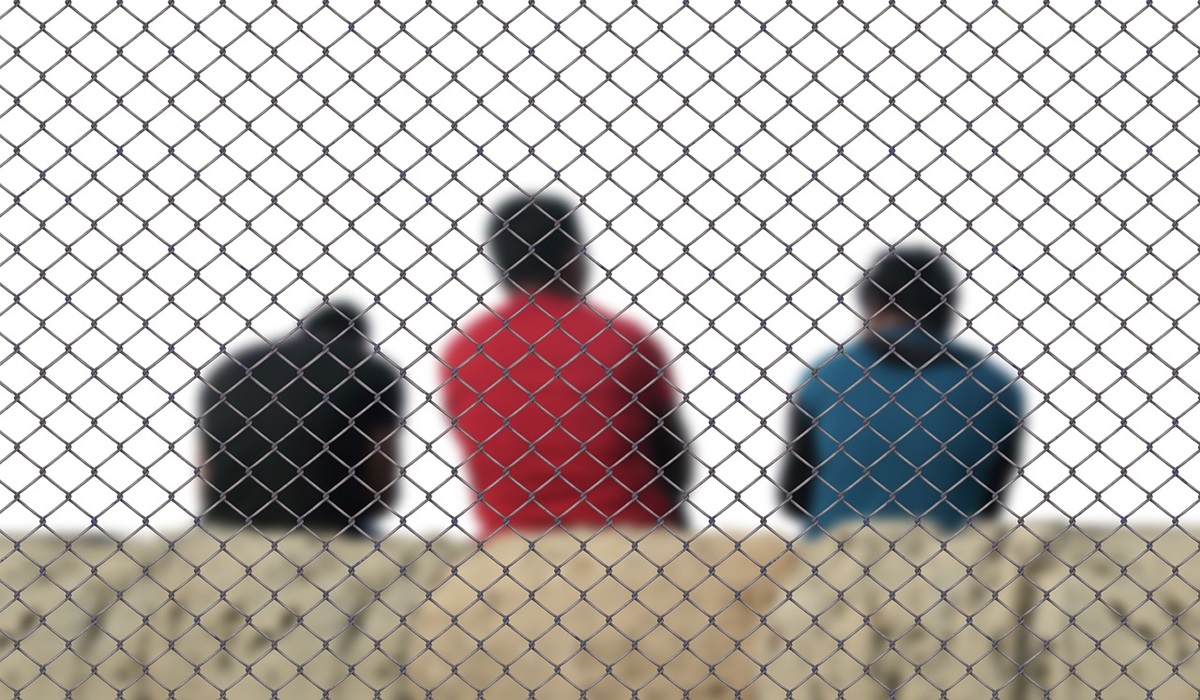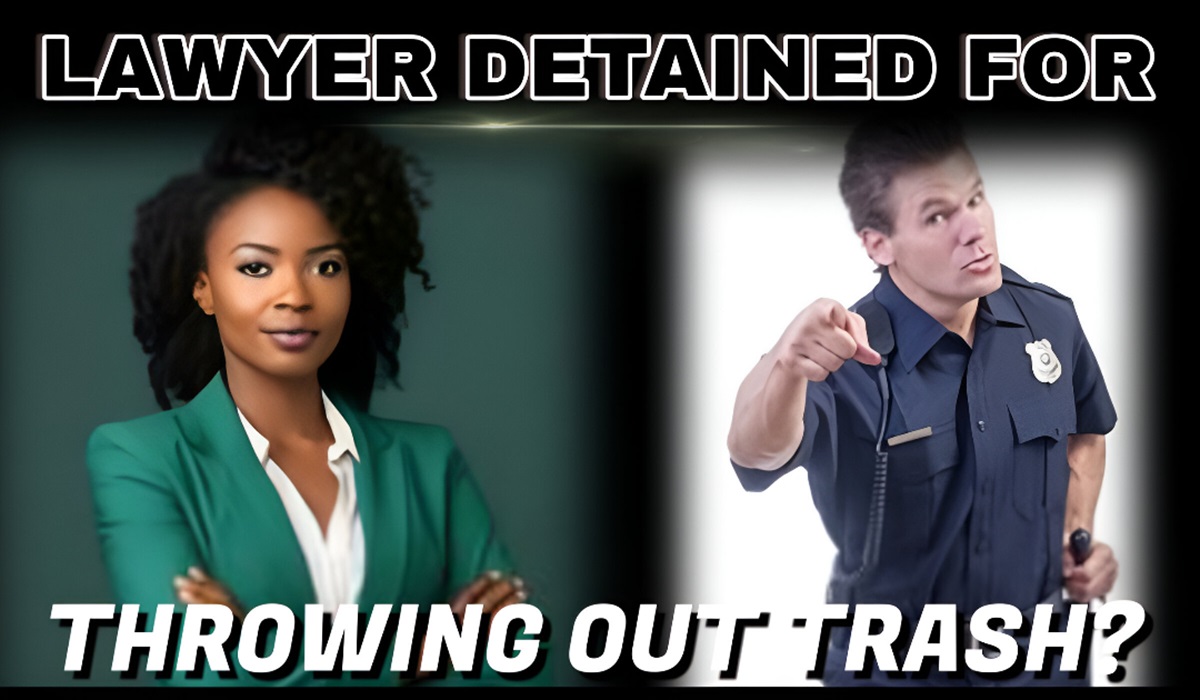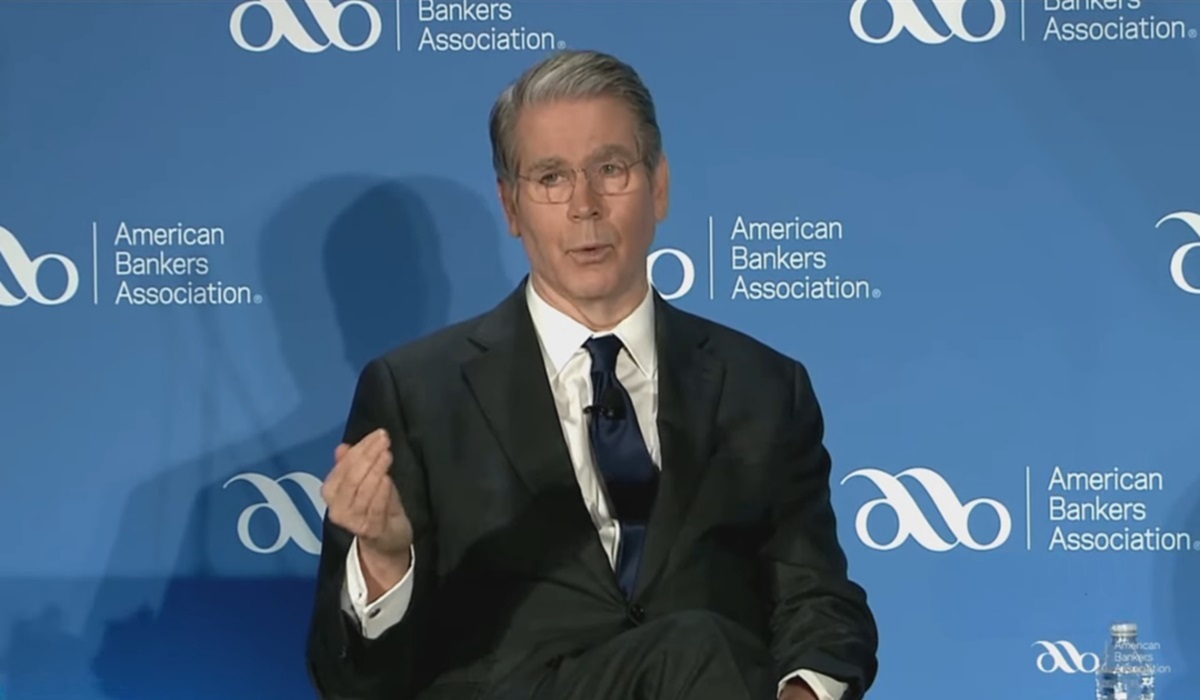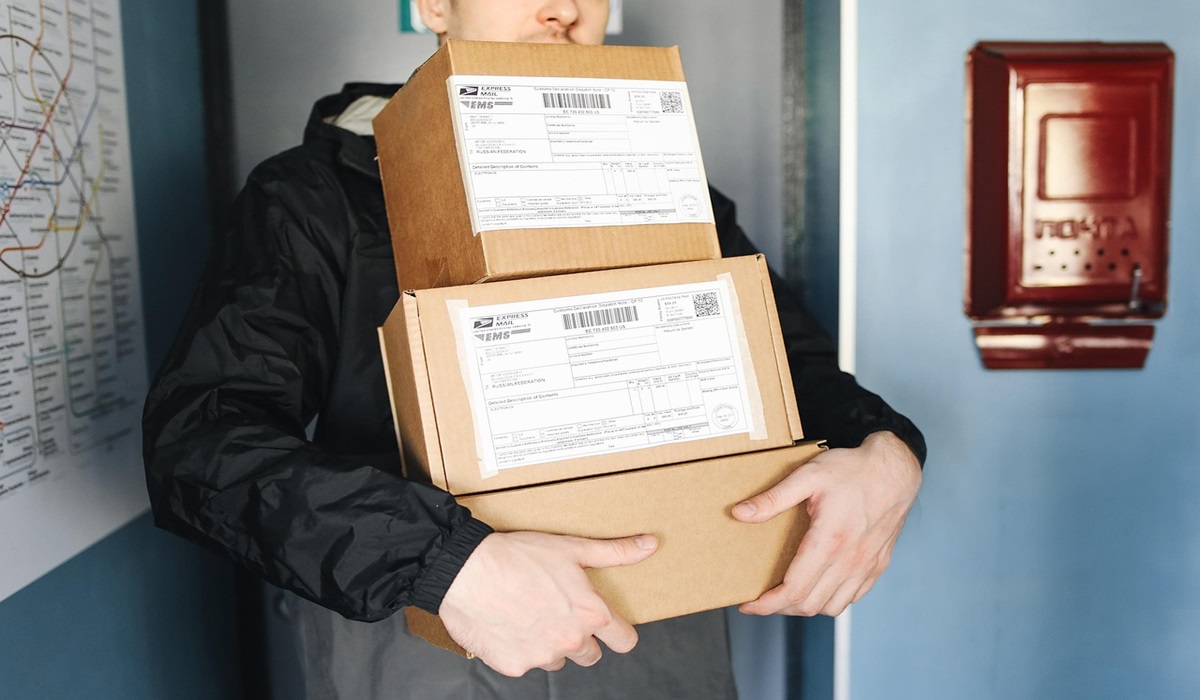There is a running joke in Washington that “resurrection day” happens on Election Day, alluding to the persistent allegations of deceased individuals somehow casting ballots in American federal elections. Despite numerous investigations into these claims, the concept of ballot stuffing by the deceased continues to stir political controversy, with arguments varying depending on who benefits from the outcome.
Election fraud claims, particularly those involving dead voters, have been a recurring theme in American political discourse, especially during heated races. Allegations of deceased individuals voting reached national prominence during the 2020 presidential election, when former President Donald Trump and his allies claimed that fraud contributed to Joe Biden’s victory. Trump supporters pointed to cases where ballots appeared to have been cast in the names of dead people, notably in swing states such as Pennsylvania, Georgia, and Michigan.
One of the most cited examples involved a man in Pennsylvania, Bruce Bartman, who illegally cast a vote on behalf of his deceased mother during the 2020 election. Bartman, a Trump supporter, was arrested and later pled guilty to the charge. While this incident demonstrates that fraud can occur, it also shows that it is an anomaly, not evidence of widespread voter fraud. In another instance, a case in Georgia involved a claim that a woman named Deborah Jean Christiansen had voted after her death. This was later debunked when officials clarified that a living woman with the same name had cast the ballot.
These examples highlight the fraught nature of this issue. Republican officials have often cited voter fraud as a reason to enact stricter voter ID laws and more stringent election security measures. The insinuation is that deceased individuals casting votes, whether through mistakes, clerical errors, or intentional fraud, is a method by which Democrats attempt to win elections. Democrats, on the other hand, argue that these claims are overblown, pointing out that instances of voter fraud are extremely rare and that more restrictive voting laws disproportionately harm minority and low-income voters, who tend to vote Democratic.
What does this mean for the American electorate? On the surface, the joke about “resurrection day” might be a humorous dig at the absurdity of the situation, but beneath it lies a serious implication: the erosion of trust in democratic institutions. Allegations of deceased voters casting ballots, especially when amplified by politicians, contribute to the larger narrative that the American electoral system is broken. The idea that the dead are determining election outcomes feeds into conspiracy theories that undermine confidence in election results, regardless of party affiliation.
For the electorate, this constant back-and-forth over voter fraud not only creates confusion but also plays into larger issues of polarization. Many Republican voters believe the system is rigged, and that elections are unfair, while many Democrats see these fraud claims as an excuse to suppress votes through more restrictive laws. The result is a deepening divide, where both sides question the legitimacy of outcomes depending on whether their candidate wins or loses.
Interestingly, while the idea of deceased voters has been floating around for decades, the first major instance of this accusation came during the 1960 presidential election between John F. Kennedy and Richard Nixon. Allegations were made that Kennedy won Illinois through votes from dead people in Chicago’s Cook County, under the influence of the city’s Democratic machine led by Mayor Richard J. Daley. Though this has been debated by historians, the case marks one of the earliest modern instances where accusations of dead voters became a significant political issue.
The persistence of this myth speaks to a larger anxiety about the integrity of American elections. As long as stories of deceased individuals casting votes continue to circulate—true or false—Election Day will be haunted by suspicions of fraud. These allegations may not have proven to be widespread, but in the court of public opinion, they have already done damage. The future of American democracy may well depend on finding a way to restore faith in the electoral process, one where “resurrection day” jokes are no longer needed because the dead stay where they belong—outside the ballot box.



